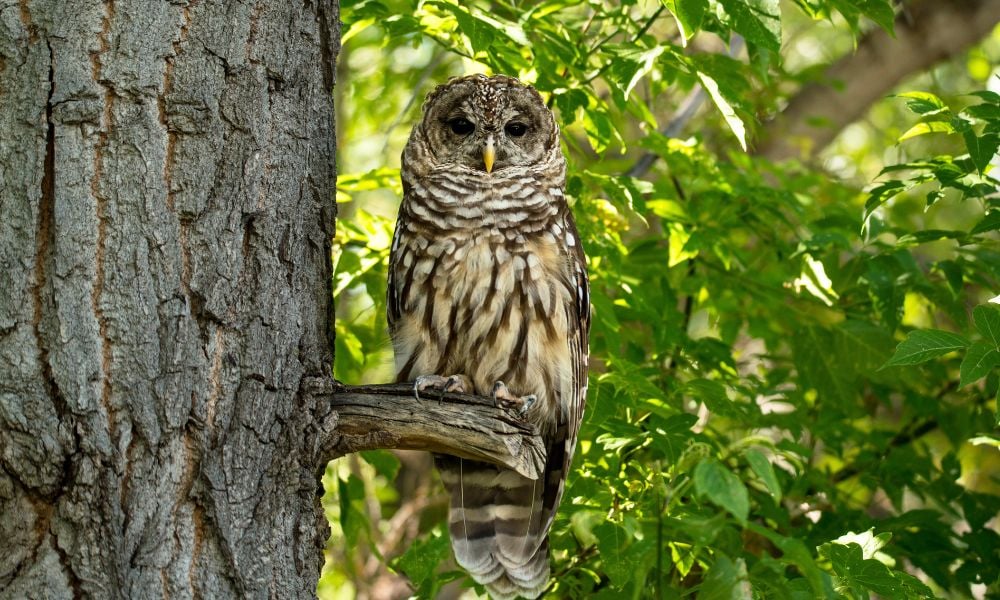Wildlife in California — such as northern spotted owls, mountain lions, and the San Joaquin kit fox — will soon be safer from dangerous and deadly rat poisons, thanks to the passing of legislation banning several rodenticides.
AB 2552, also known as the Poison-Free Wildlife Act, adds to the list of poisons prohibited in California. It restricts the use of rat poisons consisting of diphacinone, chlorophacinone, or warfarin so that they may no longer be used in wildlife habitat areas and bans their sale. While many anticoagulant rodenticides were first restricted in 2020’s California Ecosystems Protection Act, the restrictions left some major gaps that this new legislation fills.
When a rat or other small animal ingests an anticoagulant rodenticide, it stops their blood from clotting. As the poisoned animal’s organs shut down, they may experience internal bleeding and tremendous pain. If a fox, owl, or other predator then ingests the poisoned animal, they may also unknowingly poison themselves.
These cruel poisons may also threaten our companion dogs and cats if they encounter the bait — as companion animals may innocently gobble up what they think is a delicious treat. By restricting the use of anticoagulant rodenticide, California legislators are helping protect countless species from experiencing painful poisonings.
Along with the limitations on using these rat poisons, there are restrictions on buying them. They will no longer be available to purchase over the counter, and anyone caught buying or selling one of the banned rodenticides could be required to pay a fee of up to $25,000 a day.
If Governor Gavin Newsom signs the Poison-Free Wildlife Act, it could go into effect as soon as 2028.
Lady Freethinker applauds Representative Laura Friedman for introducing the bill and the Assembly and Senate for voting to pass it — thereby helping to keep these dangerous pesticides out of animals’ stomachs and taking a step to keep more animals safe from harm.







